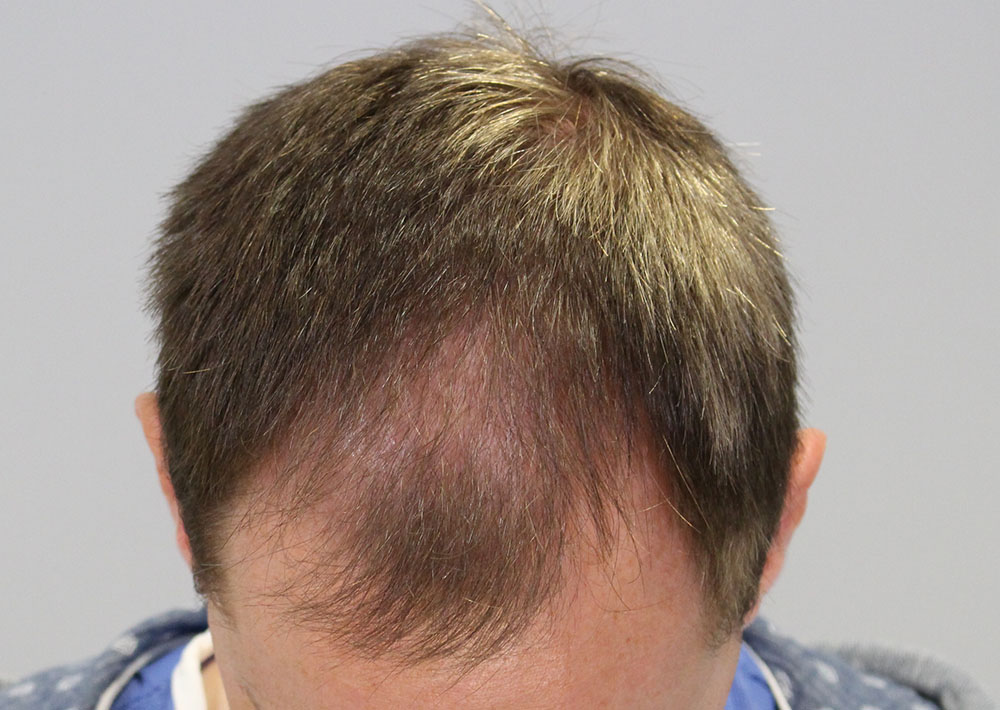Does creatine cause hair loss? What you need to know
31st October 2024

Creatine is one of the most popular and widely used supplements in the world of sports and fitness. Known for its ability to enhance muscle strength and improve athletic performance, creatine has become a go-to for athletes, bodybuilders, and fitness enthusiasts. Despite these benefits, there is a growing concern about the link between creatine and hair loss.
In this blog, we’ll explore whether creatine really causes hair loss. By looking at a range of scientific evidence, we’ll help to clarify the connection between creatine use and hair loss, helping you to make an informed decision about your supplement choices.
What is creatine?
Creatine is a compound that naturally occurs in the body. It’s mainly found in the muscles, but it’s actually developed in the liver, kidneys and pancreas. Creatine can also be consumed through diet, with foods like meat and fish containing small amounts of the compound. It can also be developed artificially in the form of a creatine supplement.
Creatine plays a crucial role in providing the muscles with energy. When you take creatine as a supplement, its primary function is to increase the availability of a molecule called adenosine triphosphate (ATP). ATP is seen as “fuel” in the body, providing the quick energy needed for muscle contractions. By replenishing ATP faster, creatine supplements help athletes and fitness enthusiasts to have more energy during physical activity, helping people to lift heavier, train harder, and recover faster.
For this reason, creatine has become a staple in the fitness community, helping people to improve muscle mass, strength, and overall performance.
The link between creatine and hair loss: what does the research say?
There isn’t much high-quality evidence linking creatine and hair loss. The concern seems to trace back to a 2009 study that examined rugby players. In this study, researchers found that participants who took creatine supplements for three weeks showed an increase in dihydrotestosterone (DHT) levels.
DHT is a hormone derived from testosterone. It is known for binding to hair follicles and shrinking them over time, leading to thinning hair and hair loss. Elevated levels of DHT, or increased sensitivity to DHT, has been linked to male pattern baldness (androgenetic alopecia), a genetic form of hair loss.
This study led to a widespread concern that creatine could indirectly contribute to hair loss by increasing DHT levels.
However, this study has several limitations, such as:
- Small sample size of only 20 participants
- Short duration of just three weeks
- Lack of control over various factors, including the natural levels of “free” testosterone in the men.
The researchers also didn’t study hair loss in the men – just the effect on hormone levels. The results of this study haven’t been replicated by other researchers, suggesting the results may not be reliable.
Other studies investigating the effects of creatine supplements on testosterone (which the body needs to produce DHT) have found no significant link. This suggests that creatine supplements do not lead to an increase in testosterone or DHT levels, and therefore are very unlikely to cause hair loss.
That being said, the body of research in this field is still relatively small. More studies are needed to clarify whether creatine supplements could be linked to increases in DHT, and whether any increases in DHT are significant enough to be linked to hair loss.
Beyond creatine: what actually causes hair loss?
If you’re noticing thinning hair, increased shedding, or hair loss, creatine is unlikely to be the culprit. There are many factors unrelated to creatine that may be contributing to hair loss:
- Genetics: The most common type of hair loss is androgenetic alopecia, also known as male/female pattern baldness. This is largely determined by genetics. If your family has a history of hair loss or baldness, you’re more likely to experience it yourself.
- Hormonal changes: Hormonal imbalances, such as those related to medical disorders or hormonal shifts in pregnancy or menopause, can lead to certain forms of hair loss.
- Nutritional deficiencies: A lack of essential vitamins and nutrients can result in poor hair health and growth, potentially leading to hair loss.
- Medications: Some medications, including those used for treating depression, high blood pressures, and cancer, can have hair loss as a side effect. It’s important to check with your healthcare professional about the side effects of your specific medication.
- Stress: Physical or emotional stress, including trauma, can cause a temporary condition called telogen effluvium, which leads to diffuse hair shedding.
- Haircare: Regularly putting the hair under tension, such as with hair extensions, weaves, or tight hairstyles, may lead to a condition called traction alopecia. This occurs when continuous strain on the hair follicles can cause hair at the hairline to thin or fall out.
- Age: As we age, hair can naturally become more brittle, potentially leading to thinning and breakage.
Given the wide range of potential causes, it’s critical to seek support from a hair loss specialist to assess any symptoms you are experiencing. An expert can help to analyse the cause of your hair loss and explore a range of treatment options to suit your specific needs.
The Maitland Clinic is a multi-award-winning hair restoration clinic, offering world-class expertise in diagnosing and treating various forms of hair loss. Our highly experienced team uses the most advanced and effective techniques to understand the root cause of your hair loss and develop bespoke solutions to address your concerns.
Get in touch with us today to arrange a hair loss consultation.
The bottom line
So, does creatine cause hair loss? The short answer is that it’s very unlikely. While more research is needed in this field, the current evidence suggests there isn’t a strong connection between creatine supplements and hair loss. For most people, creatine remains an effective supplement for performance enhancement.
However, as with any supplement, it’s essential to stay informed with the latest evidence and monitor your body’s responses over time. If you notice any side effects, it’s always worth speaking with a healthcare professional.










